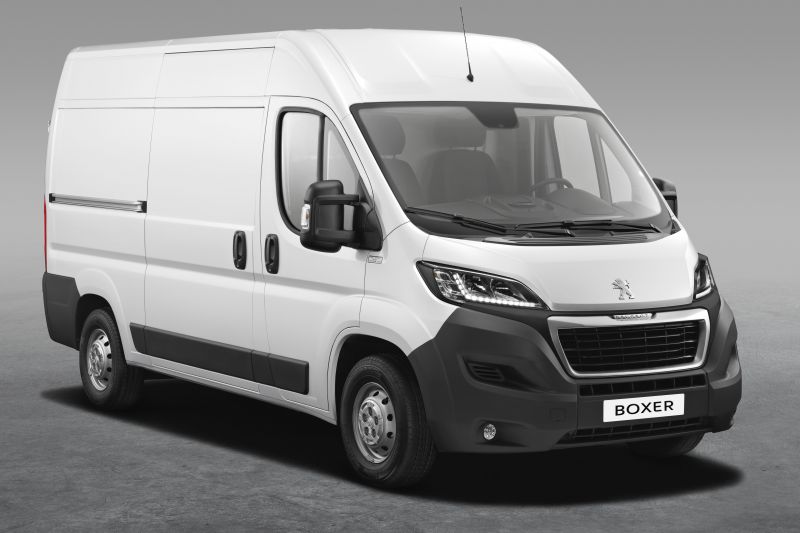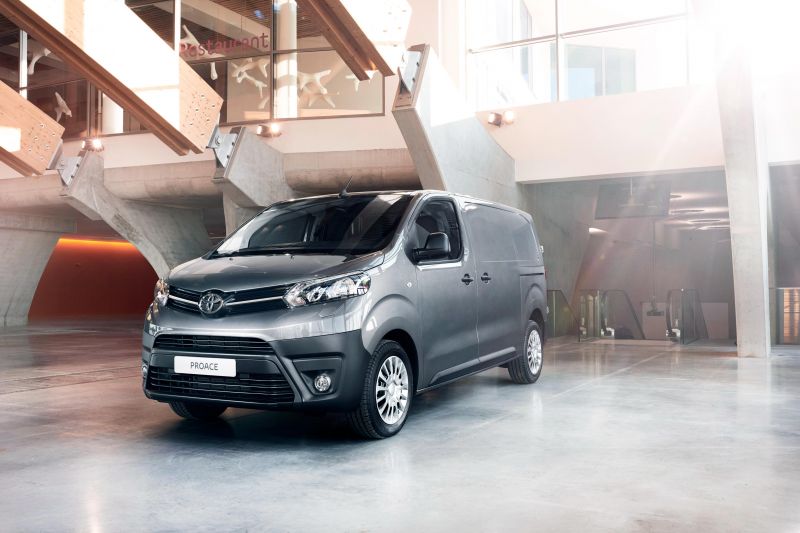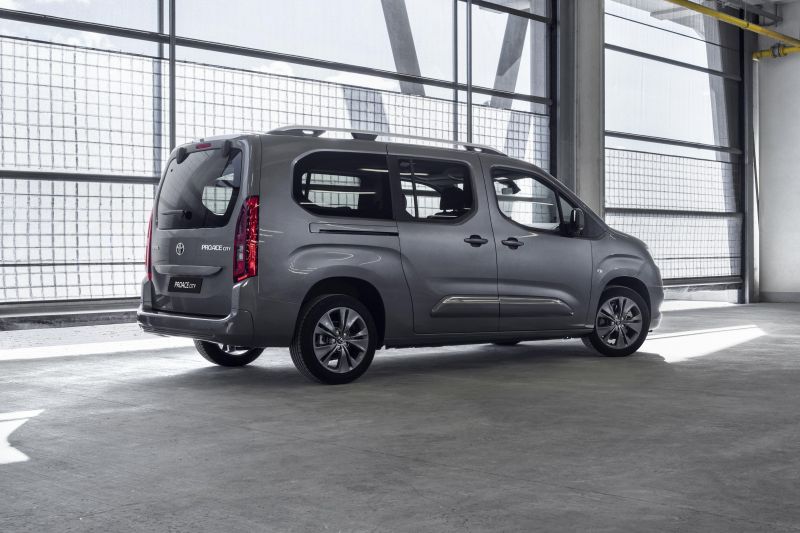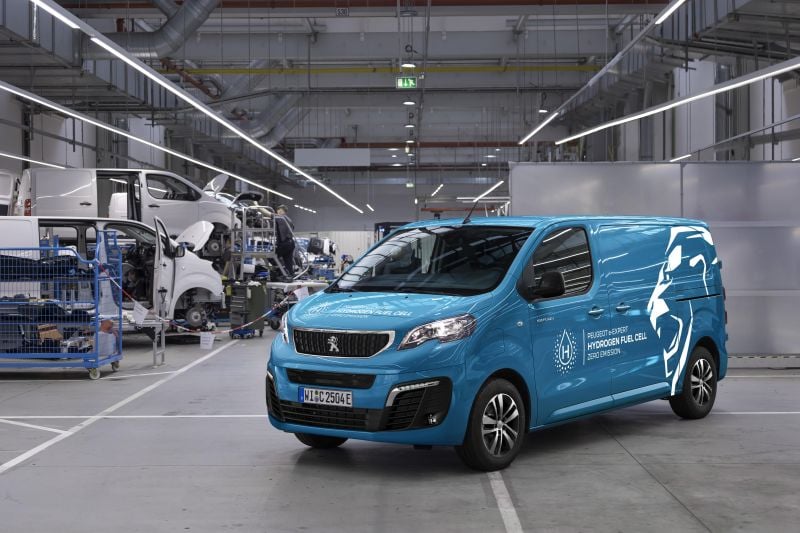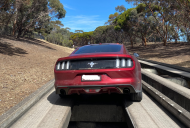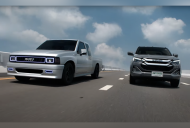Stellantis and Toyota have announced they are expanding their existing partnership to include a large commercial van for the European market, which will be available with a battery-electric version.
This new van is set to go into production in mid-2024 and will be produced by Stellantis at its plants in Gliwice, Poland and Atessa, Italy.
Details about this large Toyota van are few and far between for now but we do know that this will be the first time that the Japanese automaker will offer a large van in Europe.
It’s expected this new Toyota van will be similar to Stellantis’ large vans, which include the Peugeot Boxer, Fiat Ducato, Citroen Jumper, Opel Movano, and Vauxhall Movano. All of these vans are already available with diesel and and all-electric powertrain options.
It’s unclear if the Toyota van will be based on the next generation of these vans, given it won’t go into production until 2024.
“With this third successful engagement, Stellantis is further demonstrating its expertise in the commercial vehicle segment and in developing battery electric technology built to support a full range of needs,” said Stellantis CEO Carlos Tavares.
“We are pleased that we can extend this successful partnership through the introduction of a new large-size commercial van,” said Toyota Motor Europe president and CEO Matt Harrison.
“It represents an important addition and completes our light commercial line-up for Toyota’s European customers.”
This new Toyota-badged large van marks the third body type under this existing agreement between the two automakers, which already includes the Peugeot Partner-based Toyota ProAce City small van and the Peugeot Expert-based Toyota ProAce mid-size van.
The Toyota ProAce has been built produced at Stellantis’ plant in Hordain, France since 2012, and the Toyota ProAce City has been built in Vigo, Spain since 2019.
In 2020 the European Union’s competition authority ruled that Groupe PSA, before it had merged with Fiat Chrysler to become Stellantis, had to extend its van agreement with Toyota by increasing capacity for the Japanese automaker and cutting transfer prices for the vehicles, spare parts and accessories.
European Union regulators were concerned Stellantis would hold too much market share in the light commercial vehicle market in Europe.
Combined, they were expected to hold around 34 per cent, more than twice the share of the next largest players, Renault and Ford, which each had 16 per cent market share.
“This agreement strengthens our leadership in the EU30 for LCVs and low emission vehicles and moves us a step closer to realising our Dare Forward 2030 goal of becoming the undisputed global light commercial vehicle leader, in terms of technology, manufacturing, market share and profitability,” said Mr Tavares.
Stellantis has created a separate light commercial vehicles offshoot, which Mr Tavares has previously said will have more freedom to develop new technologies such as hydrogen fuel-cell powertrains.
In December 2021 Stellantis began production of its plug-in hydrogen fuel-cell mid-size van trio for European fleets in Germany.
They are the Peugeot e-Expert Hydrogen, Opel Vivaro-e Hydrogen, and the Citroen e-Jumpy Hydrogen.
MORE: PSA offers to build more Toyotas to secure merger with FCA – report
MORE: Stellantis hydrogen fuel-cell van trio roll off production line

